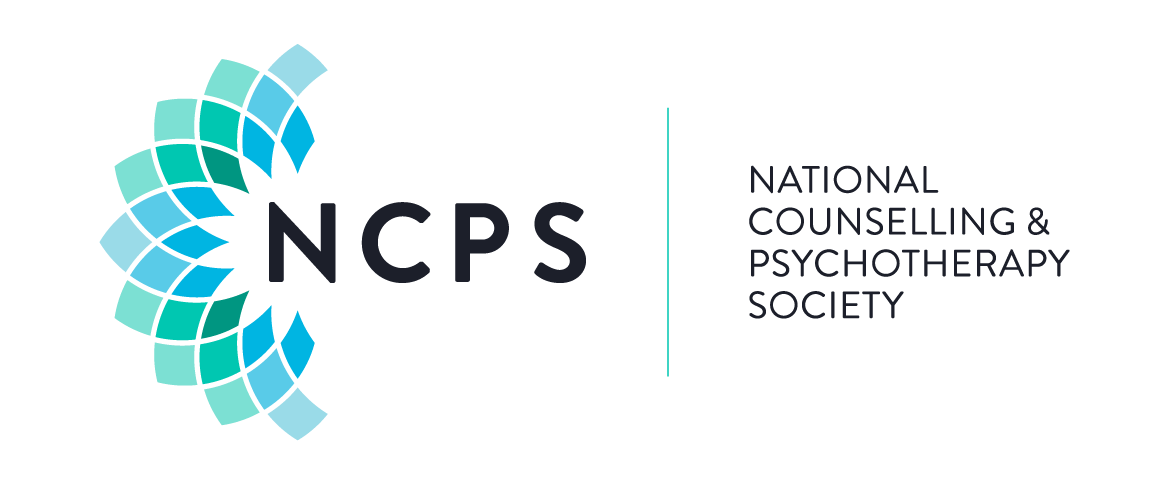A unique and flexible approach to membership and accreditation
The NCPS is a not for profit organisation whose primary purpose is the advancement of counselling and psychotherapy and of course the support and encouragement of all our members.
We believe that membership of a professional association is essential as it gives confirmation of your professional standing to both your peers and clients - and gives you a voice in the future of our profession.
In recognition of the different ‘life stages' of a counsellor/psychotherapist, we offer a number of levels of membership.
Please note: to join the Accredited Register distance learning and/or online only delivered courses are not accepted.
Membership Categories
A member of the Society may be a Registrant or a Non-Registrant member.
A Society Registrant is listed publicly on our website and is recorded as a Registrant on our Accredited Register. The Society allows Registrants to progress through different levels of membership depending upon qualifications and experience, but all Registrants have met the Society’s standards for practice
The different kinds of Registrants are:
Accredited Registrant (MNCPS Acc.) A counsellor who has met the standards for registration.
Accredited Professional Registrant (PNCPS Acc.) A counsellor who has met the standards for registration, and demonstrated substantial post-training professional development.
Senior Accredited Registrant (SNCPS Acc.) A counsellor who has met the standards for Accredited Professional Registrant membership, and has also gained significant further professional development.
Children and Young People's Therapist (CYPT)
A qualified practitioner who has met the standards for our NCPS Accredited Register AND who has demonstrated the Training Standards and competencies to work with Children and Young People. For information on how to apply for this Register click here.
Relationship Therapist (RT)
A qualified practitioner who has met the standards for our NCPS Accredited Register AND who has demonstrated the Training Standards and competencies to offer this type of therapy to adult clients. For information on how to apply for this Register click here.
Registrant Members are listed on our website and can be the following:
Non-Registrants are not listed on our website and can be:
Complex applications
Applications which contain complex information; for example, from long standing counsellors where historical training routes show a marked difference from current training routes, may be referred to the Professional Standards Committee for a complex case review. The committee will ensure that the application meets the Society's published standards and decide at what level to place the successful applicant on the register; unsuccessful applicants will be assisted with clear guidance about suitable routes for registration.
Overseas
Registrant members residing overseas
The Professional Standards Authority’s accredited register scheme applies to the UK only and has no jurisdiction in either British Crown Dependencies or British Overseas Territories. Overseas registered members (including the Channel Islands and Isle of Man) are therefore not able to use the Professional Standards Authority accredited Register logo. However, Registrant members are permitted to use the relevant NCPS Registrant logo which will be supplied by The Society in line with confirmation of the Registrant membership category offered.
Any registrant practising overseas must abide by the national laws and regulations/protocols with regard to the provision of Counselling and Psychotherapy.
Not sure which category to apply for? Click here to take our short quiz to help you decide.




